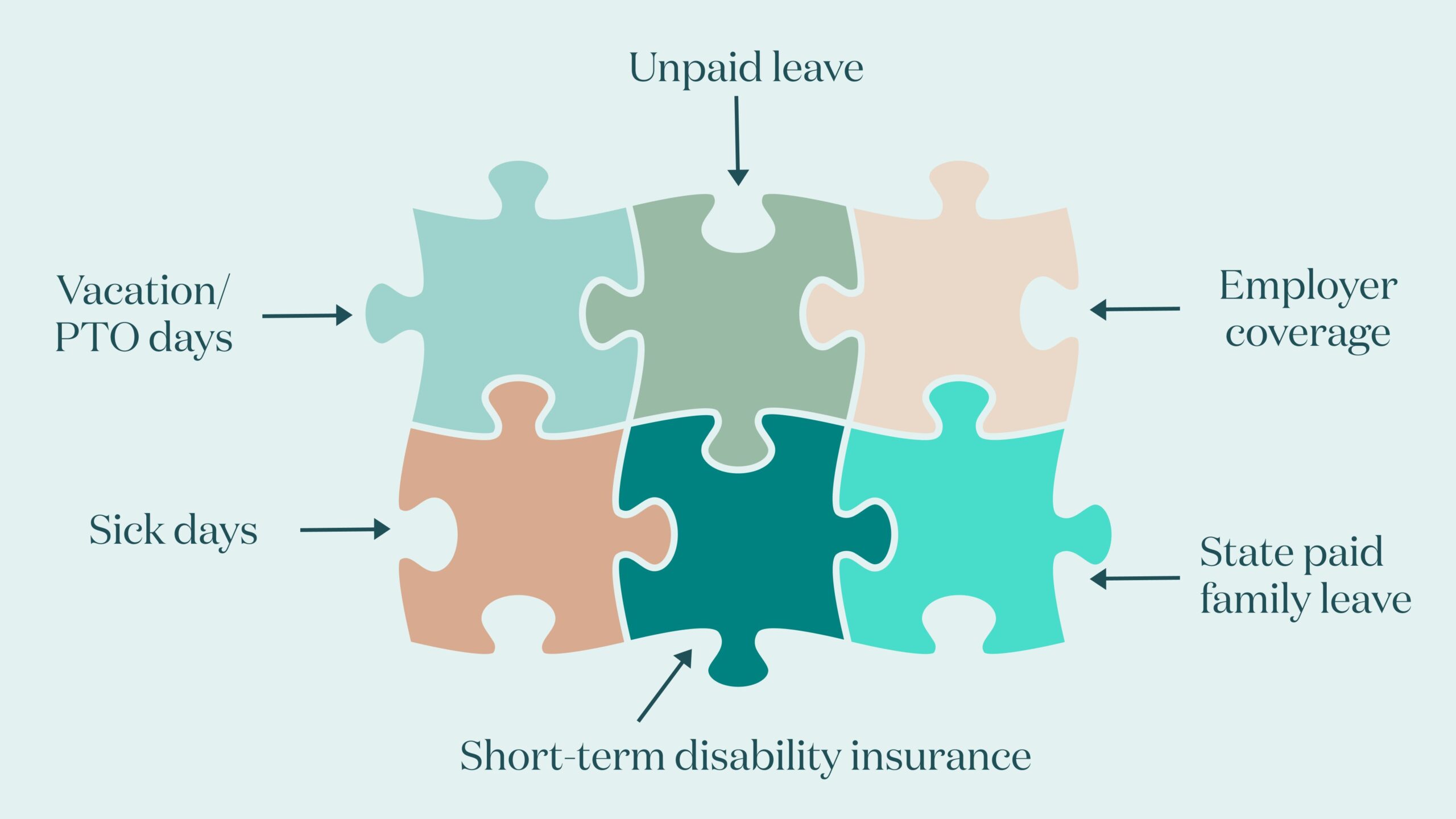Looking to negotiate your salary for a remote job? You’re in the right place! Landing a remote job offers incredible flexibility and work-life balance, but it’s important to ensure you’re compensated fairly. In this article, we’ll guide you through effective strategies for negotiating your salary in a remote work setup. Whether you’re transitioning from an office job or starting fresh with remote work, these tips will help you confidently navigate salary discussions and secure the compensation you deserve. So, let’s dive in and learn how to negotiate your salary for a remote job effectively.
How to Negotiate Your Salary for a Remote Job
Negotiating your salary can be intimidating, but it is an important step in ensuring that you are fairly compensated for your work. This is especially true for remote jobs, as the absence of traditional office structures can make it challenging to gauge the appropriate salary range. In this article, we will provide you with valuable tips and strategies on how to negotiate your salary for a remote job, empowering you to secure the compensation you deserve.
1. Research Salary Benchmarks
Before entering into salary negotiations, it is crucial to have a clear understanding of the industry standards and salary benchmarks for your remote job. This will help you establish the baseline for your negotiation. Here’s how you can conduct effective research:
- Consult online salary databases, such as Glassdoor, LinkedIn, or PayScale, to gather salary information specific to your role and industry.
- Reach out to professional networks, online communities, or industry-specific forums to gather insights from individuals working in similar remote roles.
- Consider factors like your level of experience, qualifications, and location, as they can influence the salary range you should target.
2. Highlight Your Value Proposition
When negotiating your salary for a remote job, it is crucial to emphasize the unique value you bring to the table. Remote work requires self-motivation, discipline, and the ability to work independently. Here are some tips to help you highlight your value proposition:
- Identify your key strengths and skills that directly align with the job description.
- Showcase your previous achievements and quantify them whenever possible. Numbers and statistics can help demonstrate the impact of your work.
- Highlight any relevant certifications, qualifications, or specialized training that sets you apart from other candidates.
- Outline your experience working remotely, emphasizing your ability to stay productive, meet deadlines, and effectively communicate in a remote environment.
3. Know Your Worth
Negotiating your salary for a remote job requires knowing your own worth and having the confidence to ask for it. Here are some strategies to help you determine your value:
- Reflect on your current or previous salary, considering your skills, experience, and the value you bring to the role.
- Research and understand the salary range for your position, factoring in your remote work arrangement.
- Consider the cost of living in your location and any additional expenses related to remote work.
- Be aware of the average salary range for remote positions in your industry and adjust your expectations accordingly.
4. Prepare a Compelling Case
When negotiating your salary, it is crucial to prepare a strong case to support your desired compensation. Here are some key points to include:
- Compile a list of your accomplishments, skills, and relevant qualifications.
- Quantify your achievements using measurable results or data.
- Research the company’s financial standing and growth to show your understanding of their resources and potential for investing in talent.
- Highlight any additional value you can bring to the organization, such as language skills, contacts, or specific industry knowledge.
- Practice articulating your case confidently to build your negotiation skills.
5. Consider Non-Monetary Benefits
Salary negotiations for remote jobs should not focus solely on monetary compensation. Remote work offers various advantages, and negotiating other benefits can enhance your work-life balance and job satisfaction. Consider the following:
- Flexible work hours or the ability to create your own schedule.
- Additional vacation days or paid time off.
- Healthcare benefits or wellness programs.
- Professional development opportunities or funding for relevant courses or conferences.
- Equipment and technology allowances to support your remote work setup.
6. Establish Clear Communication Channels
Remote work relies heavily on effective communication. Establishing clear channels of communication during salary negotiations is essential to building trust and understanding. Here’s how you can ensure effective communication:
- Request a video call or a phone call to discuss the negotiation rather than relying solely on email or messaging.
- Prepare a list of questions regarding the compensation package to ensure you have all the necessary information before making a decision.
- Seek clarification on any ambiguous or unclear terms in the offer.
- Listen actively and maintain a professional tone throughout the negotiation process.
- Follow up with a thank-you email expressing your appreciation for the opportunity to discuss the offer.
7. Be Flexible and Open to Negotiation
Flexibility is key when negotiating your salary for a remote job. Being open to negotiation allows for a collaborative and positive conversation. Consider the following:
- Focus on the overall package, including benefits, bonuses, and opportunities for growth, rather than solely on the base salary.
- Propose alternative solutions, such as a performance-based salary increase or a review after a specific period.
- Listen to the employer’s perspective and be willing to adjust your expectations within reason.
- Be respectful, professional, and maintain a positive attitude throughout the negotiation process.
Remember, salary negotiations are a chance for both parties to find a mutually beneficial arrangement. By following these strategies and knowing your value, you can confidently negotiate your salary for a remote job and secure compensation that reflects your skills and contributions.
How to Negotiate Your Salary for a Remote Job
Frequently Asked Questions
Frequently Asked Questions (FAQs)
1. How do I determine the right salary to negotiate for a remote job?
When negotiating your salary for a remote job, it’s important to research the industry standards and salary ranges for similar positions. Take into account your experience, skills, and location to get a clear idea of what you should be aiming for.
2. Is it appropriate to discuss salary during the job interview process for a remote job?
While it’s generally better to wait until you receive an offer, it’s acceptable to discuss salary expectations during the interview process for a remote job if the opportunity arises. However, it’s important to approach the topic tactfully and focus on the value you bring to the company.
3. What negotiation strategies can I use to increase my chances of getting a higher salary for a remote job?
Some effective negotiation strategies for a remote job salary include highlighting your skills and achievements, demonstrating your value to the company, being confident in your abilities, and leveraging any competing offers or industry research to support your case.
4. How can I negotiate a higher salary for a remote job without jeopardizing the offer?
To negotiate a higher salary without jeopardizing the offer for a remote job, it’s crucial to maintain a professional and positive attitude throughout the negotiation process. Focus on your skills and the value you bring to the company, rather than demanding a certain figure outright.
5. Are there any additional benefits or perks I can negotiate for besides salary in a remote job?
Apart from salary, you can negotiate for other benefits and perks in a remote job such as flexible working hours, additional vacation time, professional development opportunities, healthcare benefits, or a performance-based bonus structure.
6. How should I respond if the employer offers a lower salary than I expected for a remote job?
If the employer offers a lower salary than you expected for a remote job, it’s important to stay calm and composed. Express your gratitude for the offer, and politely inquire about the possibility of negotiating the salary based on your qualifications and experience.
7. Is it advisable to negotiate salary for a remote job if it’s my first remote position?
Yes, it is advisable to negotiate salary for a remote job even if it’s your first remote position. Your qualifications, skills, and experience still hold value, and it’s important to advocate for fair compensation based on these factors.
8. How can I showcase my remote working experience as leverage during salary negotiations?
You can showcase your remote working experience as leverage during salary negotiations by highlighting the successful projects you’ve completed, your ability to work independently and achieve results, and any specific skills you’ve developed while working remotely, such as time management or strong communication skills.
Final Thoughts
Negotiating your salary for a remote job can be a challenge, but with the right approach, you can increase your chances of success. Firstly, research the average salary for similar remote positions to determine a reasonable range. Then, highlight your unique skill set, experience, and accomplishments to demonstrate your value to the employer. During negotiations, remain confident and assertive, emphasizing the benefits you bring to the company. Remember to be flexible and open to compromise, while still aiming for fair compensation. Lastly, always follow up with a thank-you note to maintain a positive impression. By following these steps, you can effectively negotiate your salary for a remote job.



